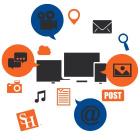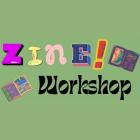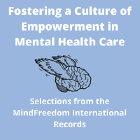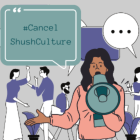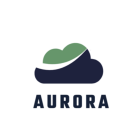
UW TPL Cloud Computing
By 2025, global cloud computing energy consumption is projected to reach 14% of the world's total electricity demand, equivalent to the carbon footprint of the aviation industry. This alarming statistic emphasizes the urgent need for immediate action toward sustainable and equitable tech practices. Our website, made possible by the support of the UW Tech Policy Lab, aims to empower individuals to make informed decisions about their tech usage. We provide comprehensive resources to explore the social and environmental effects of cloud-based technologies and foster greater awareness of their implications. Together, we can make a positive difference in our digital era.


